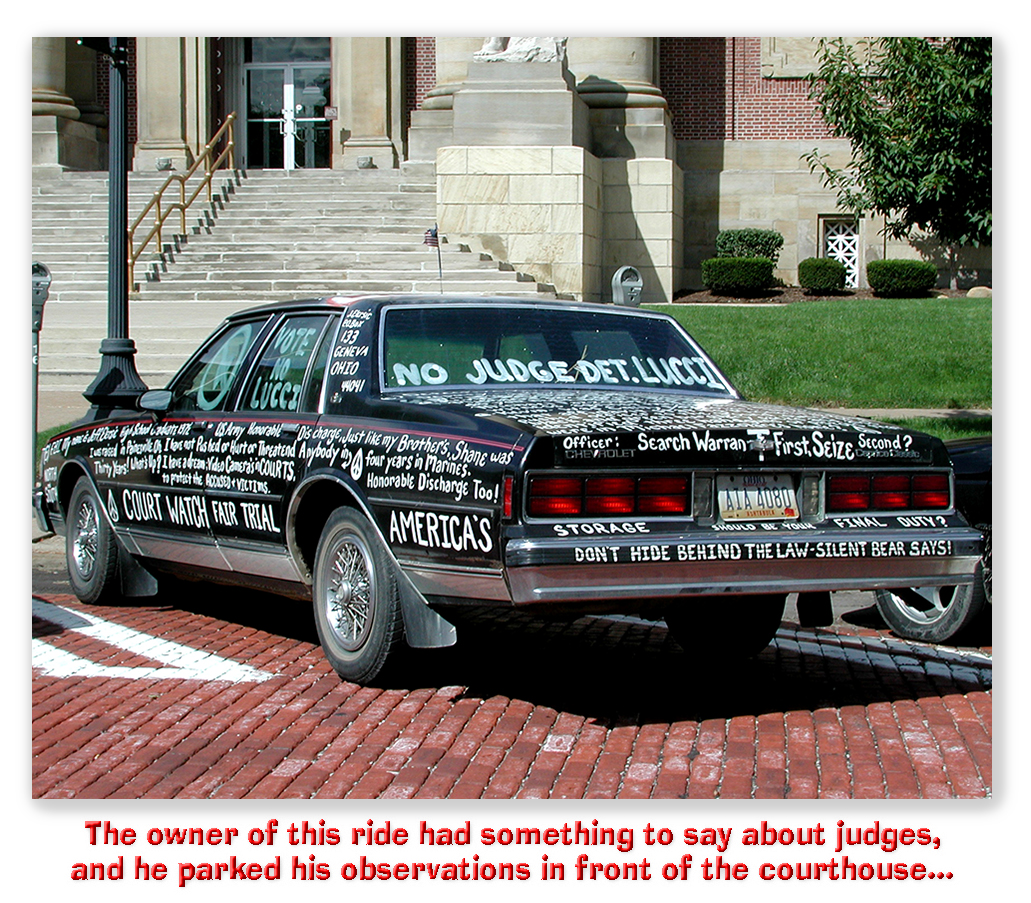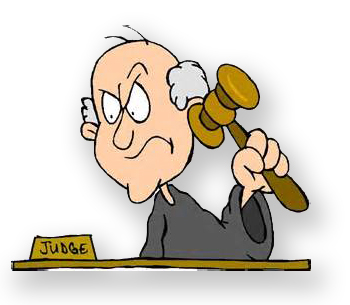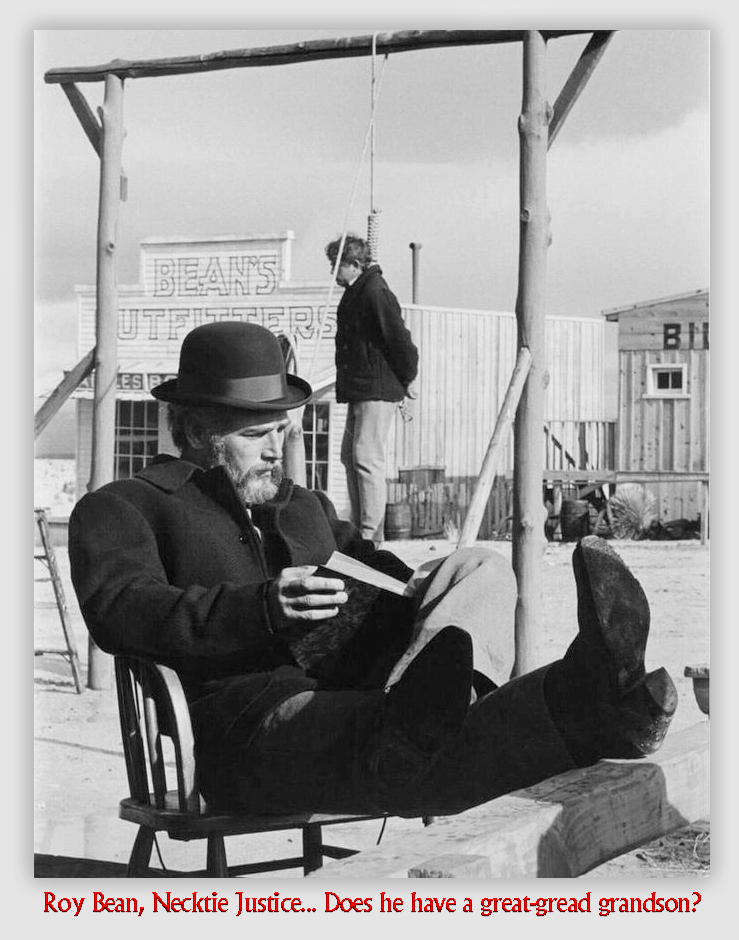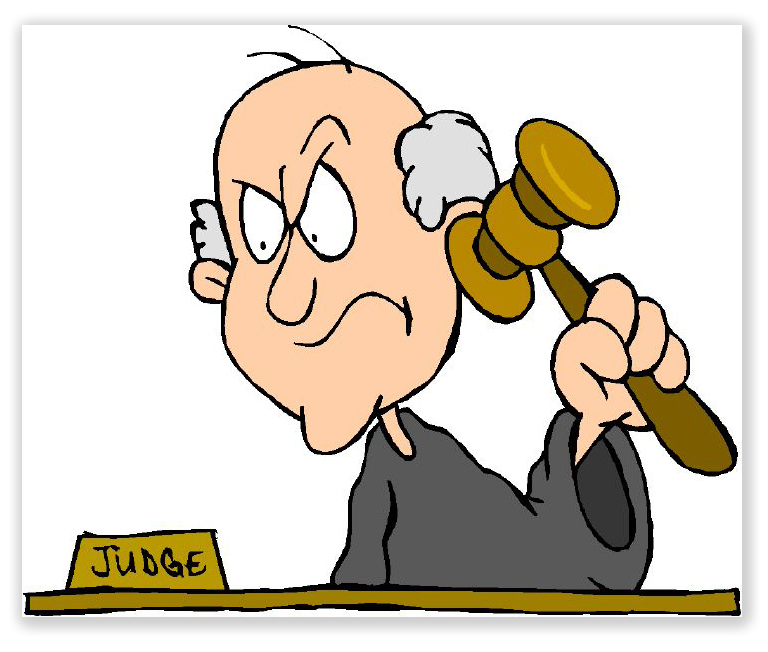We post news and comment on federal criminal justice issues, focused primarily on trial and post-conviction matters, legislative initiatives, and sentencing issues.

YOU’RE A LAWBREAKER… AND PRETTY INCONSISTENT, TOO, YOUR HONOR
Inmates often say of the correctional officers – whose conduct is often eminently indictable but for the fact that the COs have badges – that they’re “just a uniform change away” from being inmates themselves. The COs are not alone.
 Last week, a Wall Street Journal investigation found that more than 130 federal judges failed to recuse themselves from civil cases that involve companies that they or their family members invest in, in clear violation of federal law. These judges ruled in favor of the companies in two-thirds of the cases, and one judge in Texas had 138 cases where he had a conflict of interest.
Last week, a Wall Street Journal investigation found that more than 130 federal judges failed to recuse themselves from civil cases that involve companies that they or their family members invest in, in clear violation of federal law. These judges ruled in favor of the companies in two-thirds of the cases, and one judge in Texas had 138 cases where he had a conflict of interest.
“I dropped the ball,” one judge told the Journal when asked about his conflict of interests. Try that excuse at your next sentencing.
Speaking of sentencing, a new analysis by the Transactional Records Access Clearinghouse (TRAC) at Syracuse University identifies federal courthouses where wide judge-to-judge sentencing differences currently occur.
“While special circumstances might account for some of these differences,” the report concludes, “half of the courthouses in the country had median differences in prison sentences of 16 months or more, and average differences of 21 months or more.” This means that depending on which judge a defendant draws, his or her sentence on the same facts would vary by over a year and half, on the average.
 Seven courthouses showed perfect agreement among judges on sentencing, those at Lincoln, NE; Providence, RI; Albany, GA; Ft. Myers, FL; Las Cruces, NM; and El Paso and Del Rio, TX. On the other end, five courthouses showed more than 60 months difference in the median prison sentence handed out across judges serving on the same bench, those at Tampa, FL; Benton, IL; Orlando, FL; Greenbelt, MD; and Philadelphia, PA.
Seven courthouses showed perfect agreement among judges on sentencing, those at Lincoln, NE; Providence, RI; Albany, GA; Ft. Myers, FL; Las Cruces, NM; and El Paso and Del Rio, TX. On the other end, five courthouses showed more than 60 months difference in the median prison sentence handed out across judges serving on the same bench, those at Tampa, FL; Benton, IL; Orlando, FL; Greenbelt, MD; and Philadelphia, PA.
Wall Street Journal, 131 Federal Judges Broke the Law by Hearing Cases Where They Had a Financial Interest (September 28, 2021)
TRAC, Equal Justice and Sentencing Practices Among Federal District Court Judges (September 30, 2021)
– Thomas L. Root



